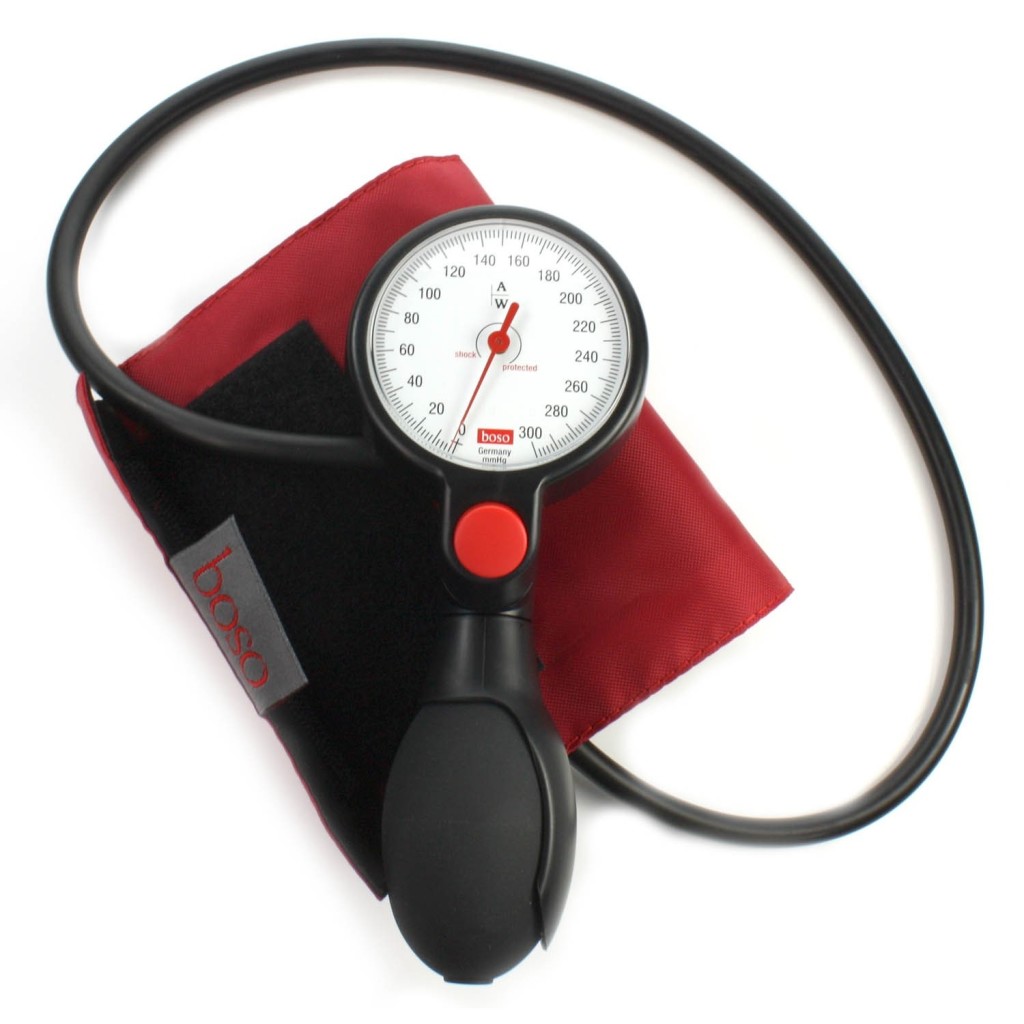David Cameron MP was, and I assume still is, proud of his punchline: “Diseases don’t just work 9-5 pm Monday to Friday, so why should the NHS?” A pledge for a 24/7 NHS seemed like a good idea at the time, in full expectation of a hung parliament and difficult negotiations which would see the pledge evaporated.
And yet nearly a year later we are left enshrined on page 38 of the 2015 Conservative Manifesto the following paragraph:
“We want England to be the first nation in the world toprovide a truly 7 day NHS. Already millions more people can see a GP 7 days a week, from 8am-8pm, but by 2020 we want this for everyone.”
The paragraph went on to say that, “We will now go further, with hospitals properly staffed, so that the quality of care is the same every day of the week.” The full NICE staff guidance for A&E departments was only published quite recently, but incredibly only in leaked form.
So much for Jeremy Hunt’s “milk of transparency”?
In the middle of last year, Hunt made a pledge to recruit 5,000 more GPs.
But the prognosis for the health of GPs is not good. According to Dennis Campbell in the Guardian on 19 January 2016:
“Stress levels are so acute among British GPs that almost 30% plan to quit in the next five years, in a move that would make it even harder for patients to get an appointment promptly. The growing pressures on NHS family doctors are so intense that more than 20% have become ill in the past year, according to the findings from the authoritative Washington-based Commonwealth Fund.”
Things came to a head when the Public Accounts Committee took oral evidence on the subject of “access to General Practice in England” on Monday 11 January 2016. Participants included evidence given by Prof Maureen Baker, Chair, Royal College of General Practitioners, and Simon Stevens, Chief Executive of NHS England. The full official transcript is available here. Stevens conceded that, “the evaluation of phase 1 of the Prime Minister’s challenge fund show that demand was higher for weekday evenings and Saturdays than for Sundays.”
So as for “patient choice”, it does not appear that patients are desperate to see their GPs on Sundays. But there is a worrying mismatch between what Stevens perceives the main issue to be and what the National Audit Office report, which they were supposed to discuss in the first place identified. Not to mention, the huge gulf between the rhetoric of Mr Stevens and Mr Hunt.
Stevens sees this GP crisis as an ‘opportunity’ not a ‘threat’ as a textbook manager doing a SWOT analysis of business strategy.
“Because people’s backs are against the wall, they are now willing to contemplate doing things quite differently in primary care”.
And this brings on the talks of the “integrated primary care vanguards” predictably. In theory, these “new care models” are supposed to be delivered by GPs, pharmacists, community teams, ambulance services, NHS 111, and social care. This perhaps explains why Stevens’ eyes visibly glaze over when Prof Maureen Baker defends the concerns of GPs, as Stevens is too busy passing the buck to other services. Stevens is nonetheless well aware that it is impossible to deliver this in a ‘cost neutral way’, particularly if you are talking about employing everyone 24/7 too.
All of this makes Jeremy Hunt’s inbox terribly unpleasant. This – together with the response on the misuse of statistics and Keogh’s “sexed up letter” – is turning out to be a disaster for Hunt. Given that Hunt has clearly screwed up the #juniordoctors negotiation, a Boris Johnson stint in the Department of Health might not be that impossible after all?
The job in hand was GP access.
And even after a few years in the job, Hunt has made a complete mess of it. It is hard to think of any part of the system that works well, including the well documented problems with the GP out of hours service, social care ‘on its knees’, and the problems with key waiting times nationally.
Even months after Emily Thornberry MP brought it up in parliament, we share Thornberry’s pain.
As reported in the Huffington Post in September 2015, Thornberry said, ” “The Tories’ ‘seven day NHS’ is a complete fantasy. Four months after the election they still can’t even tell us what it means.”
Hunt is simply living in a fantasy world. But why? In November 2015, the National Audit Office (NAO) Report was clear on their conclusions about GP access in England.
“Patient satisfaction with access is, however, gradually and consistently declining, and a fifth of patients report opening hours are not convenient, according to today’s report from the National Audit Office.”
And for all the rhetoric, there aren’t enough GPs. And this needs money.
The NAO report summary continued,
“The NAO identified that problems in recruiting and retaining GPs are increasing, with 12% of training places in 2014/15 remaining unfilled. GPs make up only 29% of the general practice workforce, so alone are unlikely to be able to deal with the rising demand for services.”
And who’d have thunk it? A demoralised workforce, swamped in bureaucracy and overzealous regulation, is having trouble attracting new talented recruits. Tensions are running high as a number of recent episodes have demonstrated. One suspects the end game for primary care is in fact the same as for hospital services, irrespective of the ‘teething problems’ in implementation of neoliberal policy. This end game has two powerful weapons up its sleeve though yet to be played fully: personal budgets and devolution. And Boris Johnson is a bit of a ‘dab hand’ when it comes to strikes.
The 24/7 GP dream is blatantly ‘science fiction’. Voters know this. I have no problem with setting your ambitions high, but when the goal is less believable than the new Star Wars you have to worry.

